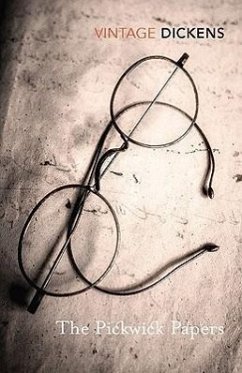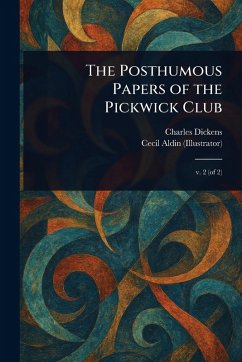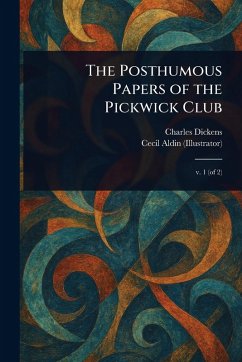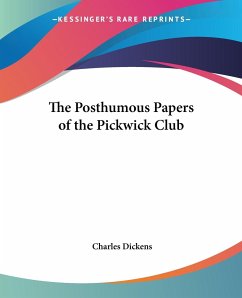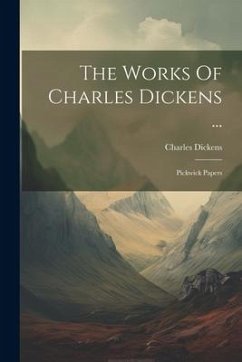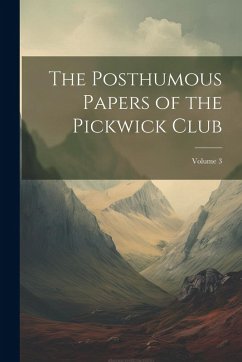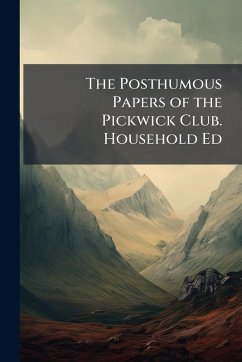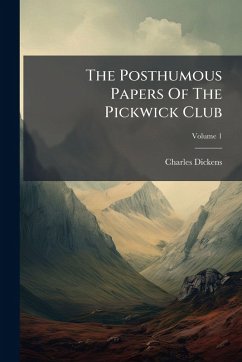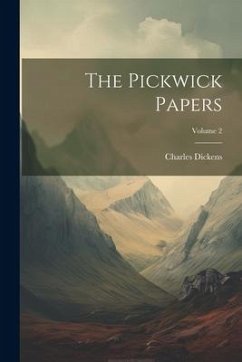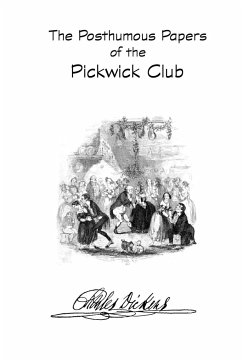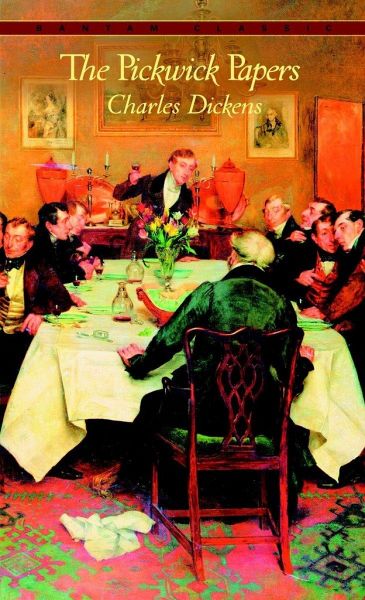
The Pickwick Papers

PAYBACK Punkte
4 °P sammeln!
The high-spirited work of a young Dickens, The Pickwick Papers is the remarkable first novel that made its author famous and that has remained one of the best-known books in the world. In it the inimitable Samuel Pickwick, his well-fed body and unsinkable good spirits clad in tights and gaiters, sallies forth through the noisy streets of London and into the colorful country inns of rural England for a series of sparkling encounters with love and misadventure. From the wit of cockney bootblack Sam Weller to the unforgettable Fat Boy and rascals like the amorous Mr. Jingle and the unscrupulous l...
The high-spirited work of a young Dickens, The Pickwick Papers is the remarkable first novel that made its author famous and that has remained one of the best-known books in the world. In it the inimitable Samuel Pickwick, his well-fed body and unsinkable good spirits clad in tights and gaiters, sallies forth through the noisy streets of London and into the colorful country inns of rural England for a series of sparkling encounters with love and misadventure. From the wit of cockney bootblack Sam Weller to the unforgettable Fat Boy and rascals like the amorous Mr. Jingle and the unscrupulous lawyers Dodson and Fogg, The Pickwick Papers reels with joyous fantasy, infectious good humor, and a touch of the macabre—a classic work that G. K. Chesterton called "the great example of everything that made Dickens great...[a] supreme masterpiece.”





